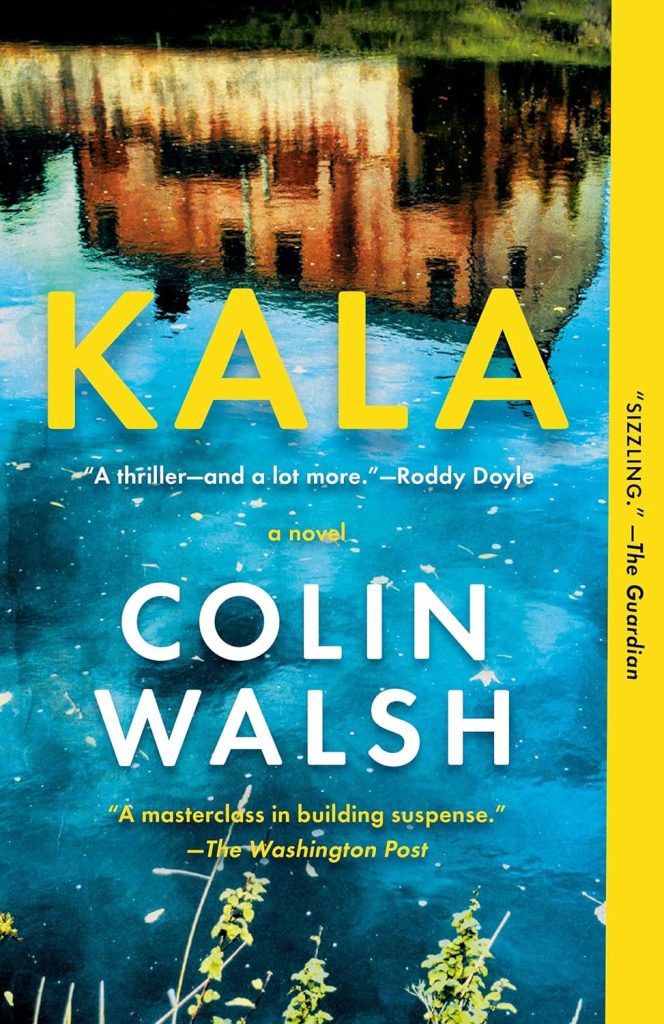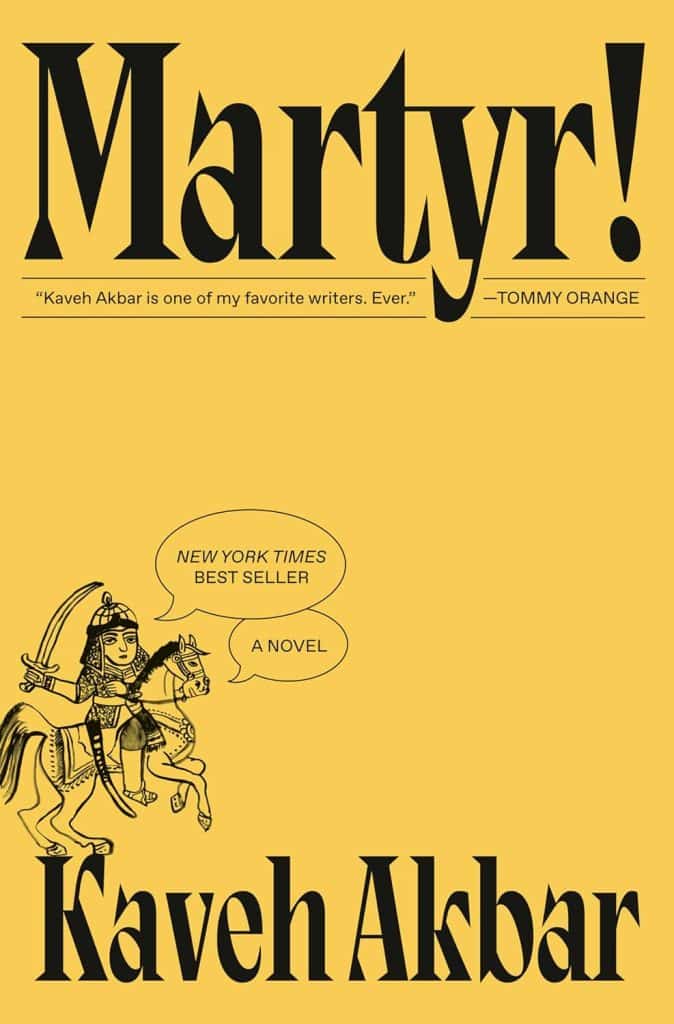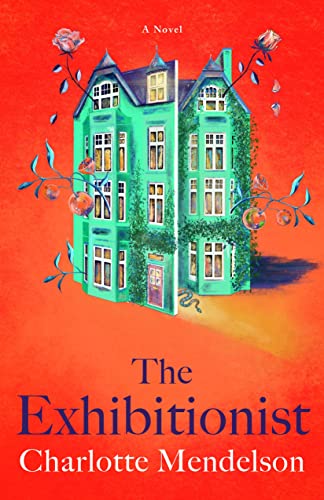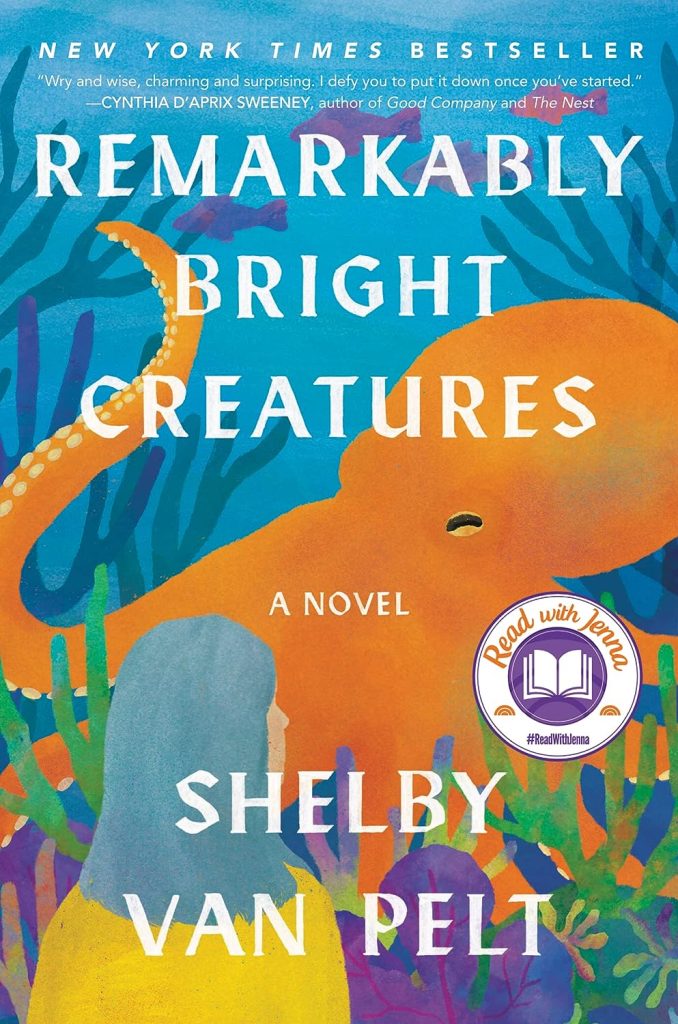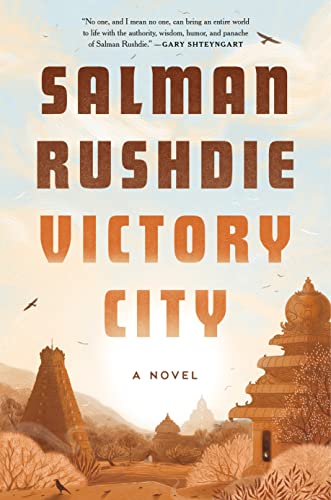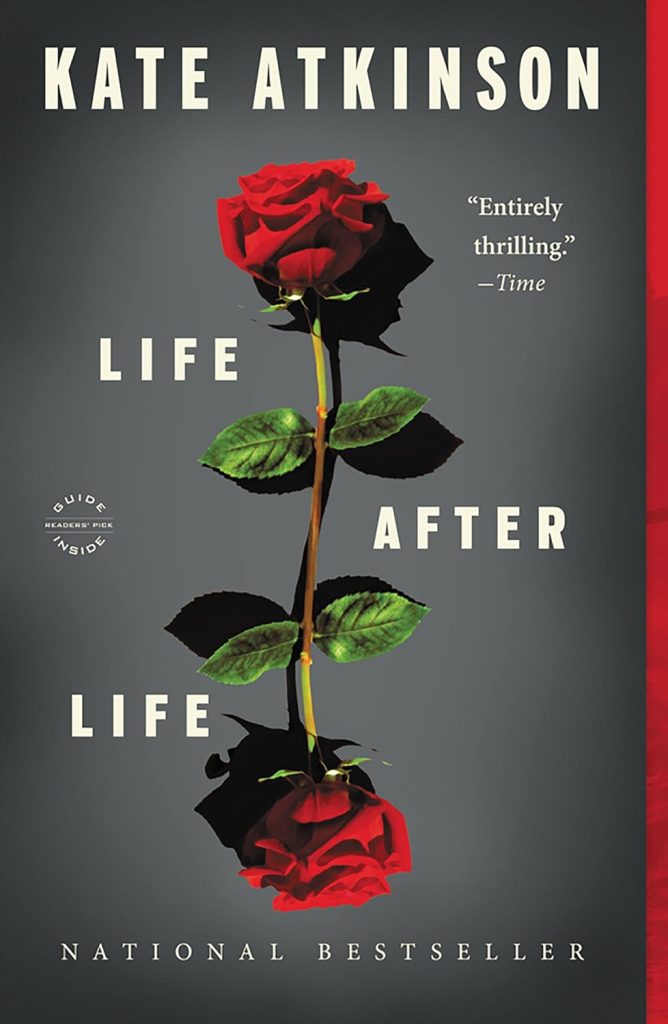Flowers Everywhere
Estimated reading time: 14 minutes, 17 seconds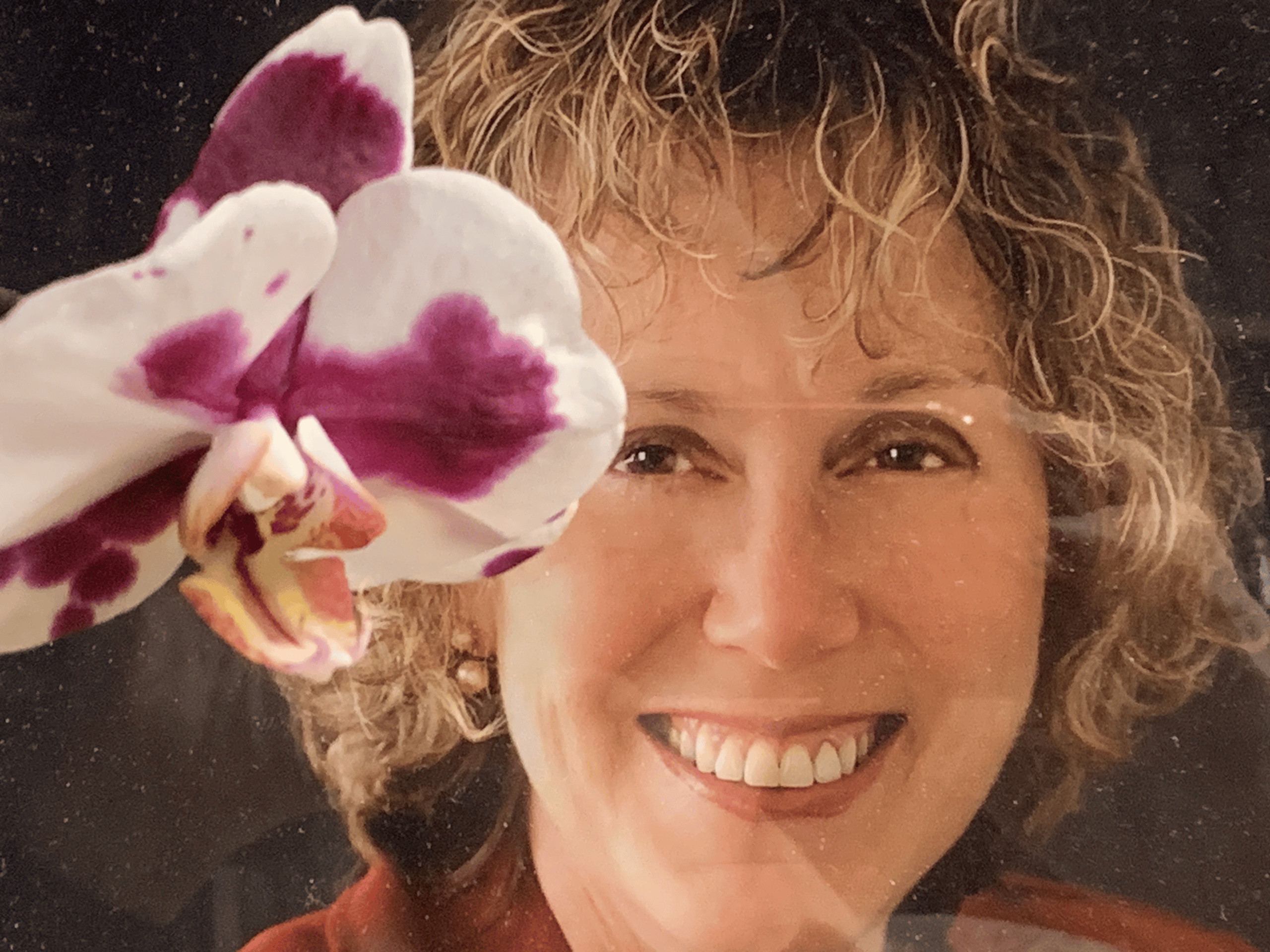
From One Rose to a
Home Full of Flowers
My beloved wife, Jan, was arriving home for the last time on April 10, 2021. I asked her how I could make her last trip home more comfortable, and she replied that she wanted to be surrounded by flowers upon her arrival. However, two days before her release from the hospital, Rabbi Renee, my sons, and Dr. Saksena delivered the heartbreaking news that hospice care was the only option left. Dr. Strair, her other oncologist, had explained that they couldn’t effectively treat Jan’s Lymphoma due to COVID-19, and the Lymphoma prevented them from treating COVID-19. He stated that her Lymphoma was very aggressive, and they had tried three treatments, but the efficacy of each new treatment had declined. Dr. Strair said there was little they could do even without COVID-19.
“I promise, my dear,” I said, barely above a whisper, “that our boys and I will fill our home with flowers.” I looked at her, lying in the hospital bed, hooked up to tubes and machines, her once vibrant eyes now dull and tired. My heart ached with deep sadness, knowing that due to Lymphoma and COVID, she was coming home for hospice care with only weeks to live. Despite the weight of the situation, I was determined to bring a little bit of joy to her last days.
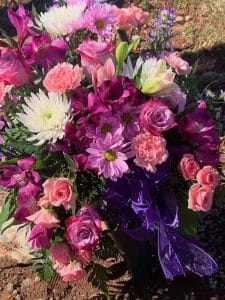
As I made this promise, I couldn’t help but remember the day we first met. It was a cold November day, and I went out in the morning to get milk and bagels. I saw that a Bodega had roses, so I bought one and a card. I had altered the words on the card that said I like you to I love you. When Jan accepted the rose and read the card, she whispered, “Me too. I love you,” her voice quivering with emotion. At that moment, we both knew we had discovered something extraordinary. We hugged each other tightly, not wanting to let go. Our lips locked in a deep and passionate kiss that made my heart skip a beat. Now, as I sat beside her during my last visit to Overlook Hospital, I couldn’t believe that everything had come to this.
Less than 48 hours after Dr. Saksena confirmed that hospice was the only option, I found myself navigating the familiar halls of the hospital, knowing my way around like the back of my hand. She had been hospitalized so often since her first admission on January 1, 2020, that the staff recognized me and greeted me with nods and smiles of acknowledgment. Despite her diagnosis of Lymphoma, I had always believed that she would beat the odds and survive, even after she almost died a week ago. But now, as I held her hand and watched her chest rise and fall with each labored breath, I knew that our time together was coming to an end.
Jan was dozing on and off while I gathered everything I needed to bring home from the hospital. I sent a message to my son Mike, who was planning to visit Jan that evening, to confirm his timing and see if he could take home any items I couldn’t fit in my car. He replied that he was leaving and would be at the hospital within the hour. I held Jan’s hand and felt the strength of our love as if our circulatory systems were intertwined and growing stronger with every beat of our hearts.
I am leaving so that Mike can visit you,” I said as I leaned over the guardrails on the bed and kissed her lips. “I love you!” Jan’s eyes opened, and she smiled a little. Despite feeling anxious, I smiled, too. That felt nice,” Jan said. I replied that all of her sweet kisses had been lovely. “Yes, they have been. But, when you reached over, you grazed my boobs, and I felt not only your love but like I was a woman again.” Foolishly, I apologized. Richard, don’t apologize; caress them for me one last time.” I rubbed her hospital gown. If no one else is here, pull the curtain around the bed.” As I did, she struggled to pull the gown off her chest. I helped her even though it was awkward. Her naked breasts looked the same as the first time I had seen them. “Kiss them, fondle them, enjoy them,” she commanded. “Thank you for still loving my boobs even though they sag to my belly button!” I kissed her lips and then kissed and sucked her nipples.
As I walked to my car, I felt both aroused and worried about Jan. I knew she didn’t have much time left, and the thought of having to live without her filled me with despair. I wiped away my tears as I fastened my seatbelt and prayed to God for strength. “Please help me love Jan more than ever and grant her peace and comfort,” I screamed, feeling as though my heart was breaking into a million pieces.
After almost 48 years, I recently lost my wife, Jan Lilien. Like The Little Prince, Jan and I believed that “The most beautiful things in the world cannot be seen or touched, they are felt with the heart.” This blog is a collection of my random thoughts on love, grief, life, and all things considered.


